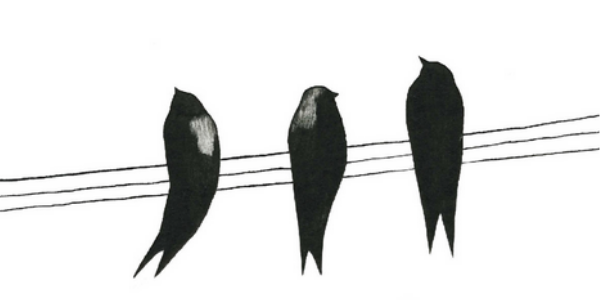
You might already know French numbers or French days of the week, but what about French months? When learning a new language, it is crucial to begin with days and months, as you might have to use them every day. For example, when taking appointments and dealing with deadlines.
As in English, most of the French months of the year are inspired by the Roman calendar, but with a few twists and turns of course! Below is a summary. We will explain each word in more detail.
● January is “Janvier”
● February is “Février”
● March is “Mars”
● April is “Avril”
● May is “Mai”
● June is “Juin”
● July is “Juillet”
● August is “Août”
● September is “Septembre”
● October is “Octobre”
● November is “Novembre”
● December is “Décembre”
First months in French
At first, French months are named after Roman deities.
January: Janvier
January is “Janvier”. It takes its name from Janus, the Roman god of beginnings and endings, which is fitting for the first month of the year!
February: Février
However, February, “Février”, has not a similar explanation. It is quite a difficult word to pronounce if you are used to English!
March: Mars
“Mars” (March) is named after Martius, the god of war. In French, both the god and the month share the same name: “Mars”, (just like the planet!).
Spring and Summer months in French
“Avril”, “Mai”, “Juin” (April, May, June) are also inspired by Roman deities, but who are less known.
April: Avril
“Avril” looks really similar to “April”, but don’t be fooled! It is a very difficult word to pronounce for English speakers!
May: Mai
“Mai” is slightly easier. It makes the same sound as “mais”, which is “but”.
June: Juin
“Juin” is supposedly the month of Juno, the female counterpart of Jupiter.
July: Juillet
“Juillet” (July) is reportedly a reference to Julius Cesar.
August: Août
“Août” (August) is a reference to another Roman emperor, Augustus.
The French months from September to December in French refer to numbers
The remaining months are linked to their number in the Roman Calendar.
September: Septembre
September, “Septembre”, was the 7th month: “le septième”.
October: Octobre
 October, “Octobre”, was the 8th month: “le huitième”. We recognize the octo-root, as eight in Latin, like in “octopus”! Why not read a short funny story about an octopus to practice? Ti poulpe a les idées bien encrées by Laurent Cardon, tells the story of a playful little octopus.
October, “Octobre”, was the 8th month: “le huitième”. We recognize the octo-root, as eight in Latin, like in “octopus”! Why not read a short funny story about an octopus to practice? Ti poulpe a les idées bien encrées by Laurent Cardon, tells the story of a playful little octopus.
November: Novembre
November, “Novembre”, was the 9th month: “le neuvième”.
December: Décembre
And December was the last of ten months: “décembre”, “le dixième”.
What about the French seasons?
There are four French seasons:
● Spring: “Printemps”
● Summer: “Été”
● Autumn: “Automne”
● Winter: “Hiver”
“Printemps” comes from the Latin “primus tempus”, which literally means “first time”.
The history and etymology of “été” give the adjective “estival” (which means in summer, “en été”) its “s”.
Practicing your French with Storyplay’r
Have fun learning French months, and don’t forget that you will get better if you practice on Storyplay’r! Audiobooks will improve your listening comprehension and pronunciation. Even if you can’t understand everything just yet, you will be able to follow the story thanks to the text and illustrations. You can also take a look at bilingual French-English books!
Having fun and reading literature is one of the most effective ways to learn a language. On Storyplay’r, you can also choose what you want to discover from a wide range of stories, depending on their topic, genre, complexity, and length! Listening to short and relatively easy stories a few times a week before moving to more complex books will allow you to really improve your French!












